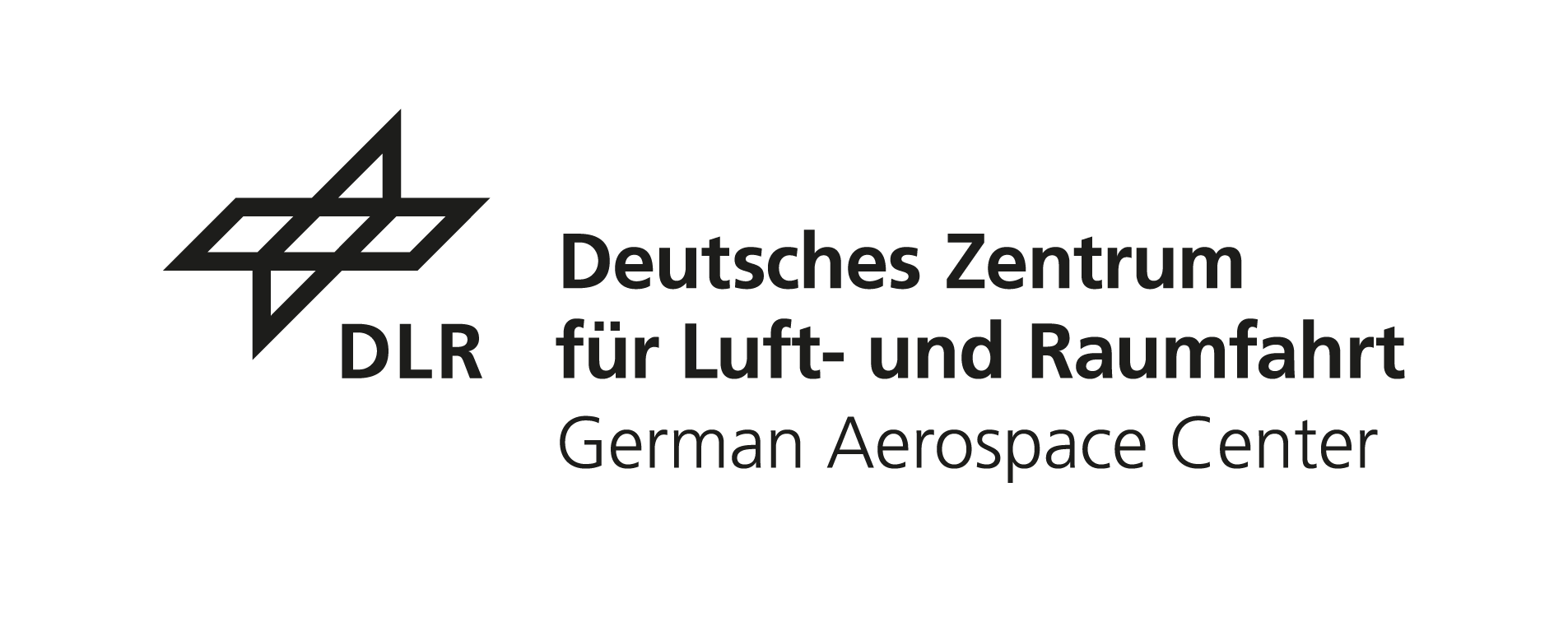BACARDI
Partly because of the ever-decreasing availability of free and safe orbit space for the ever-increasing number of satellites in orbit, satellite operations these days almost resemble a game of cat and mouse. BACARDI is the key to getting a deeper insight into how to increase the probability that the mouse will escape the cat.
In order to successfully operate and protect its satellites, DLR's German Space Operation Center (GSOC) requires a profound knowledge of what can jeopardize satellites in order to be able to proactively undertake the best possible evasive action. A good example of a typical hazard is a close encounter with another object, which may result in a collision. GSOC's Flight Dynamics Team constantly evaluates such likely occurrences with the help of COLA, its collision avoidance tool. The orbit information of the satellites operated by GSOC is already very accurate. For the secondary object, the data is currently derived in the form of collision avoidance warnings by the 18th Space Control Squadron (18th SPCS) of the United States Strategic Command (USSTRATCOM) for Low Earth Orbits (LEO) as well as for Geostationary Orbits (GEO). However, the accuracy of the orbital information from this data source has its limitations. Therefore, DLR is operating and further finetuning sensors to increase the accuracy of the orbit ephemerides that COLA processes. This results in a sharper and more precise forecast of the collision probabilities. As data provided by USSTRATCOM does not take into consideration all orbiting objects, the safety of satellites operated by GSOC also benefits from additional objects detected by its own sensors.
For monitoring GEO, a dedicated sensor network SMARTnet™ (Small Aperture Robotic Telescope Network) is being operated by GSOC and the Astronomical Institute of the University of Bern (AIUB). The data retrieved within this network is processed using BACARDI (Backbone Catalogue of Relational Debris Information), a sophisticated data processing and management system. DLR's Institute for Software Technology (SC) is developing a software framework for distributed calculations using high-performance computing techniques and an integrated data base. (read more ...)

